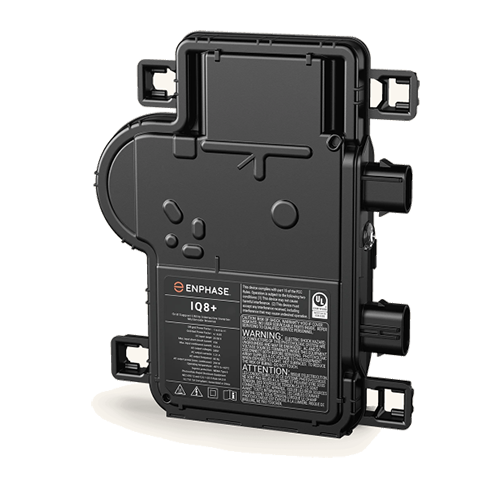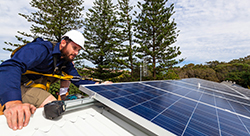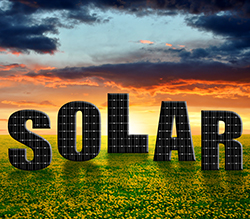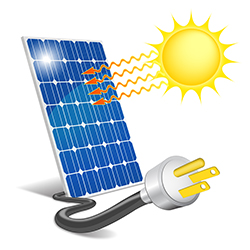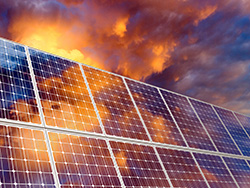cost solar power home
What direction should solar panels face? When installing a solar array, it is important to orient the panels in the most efficient direction. This is the most effective way to capture the sun’s rays for producing energy. You may be wondering which direction to point your solar panels and how to determine if they are facing north. When installing your solar array, you need to consider the following factors: How much electricity do you need? Do you need to produce electricity for a particular time period, such as during the night, or do you want to produce electricity 24 hours a day, 7 days a week? Do you have a constant supply of electricity available? Where will you place your solar array? You may want to position your solar array near your home or business. Will you have access to electricity once your solar array is installed? Will the location you choose allow you to move your panels to other areas as your needs change?
